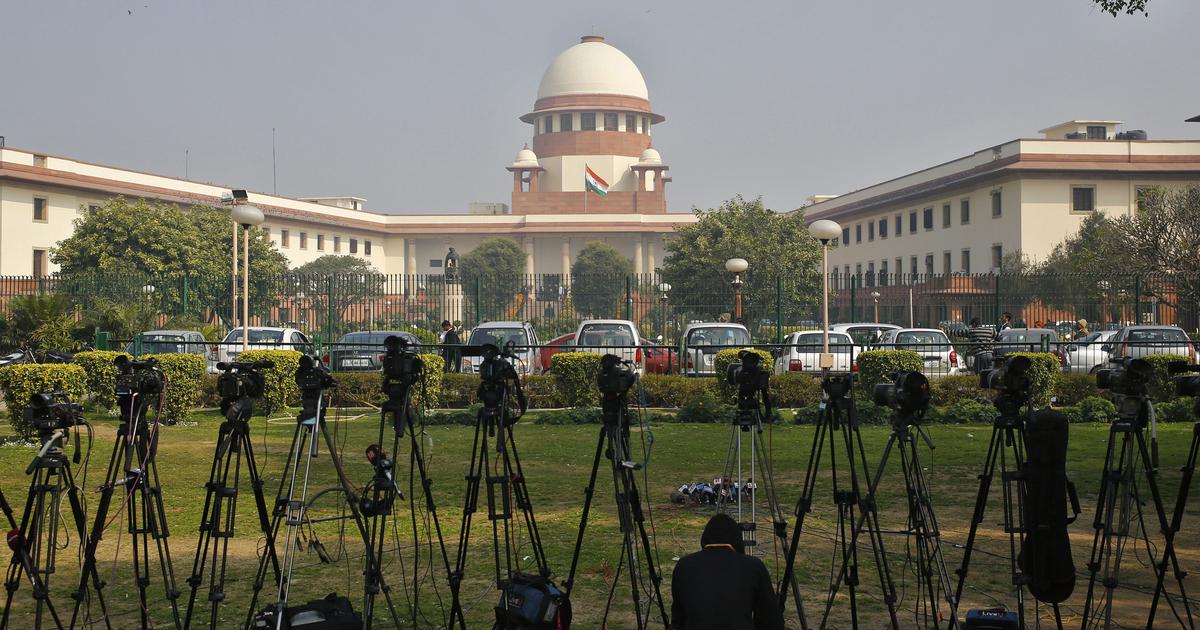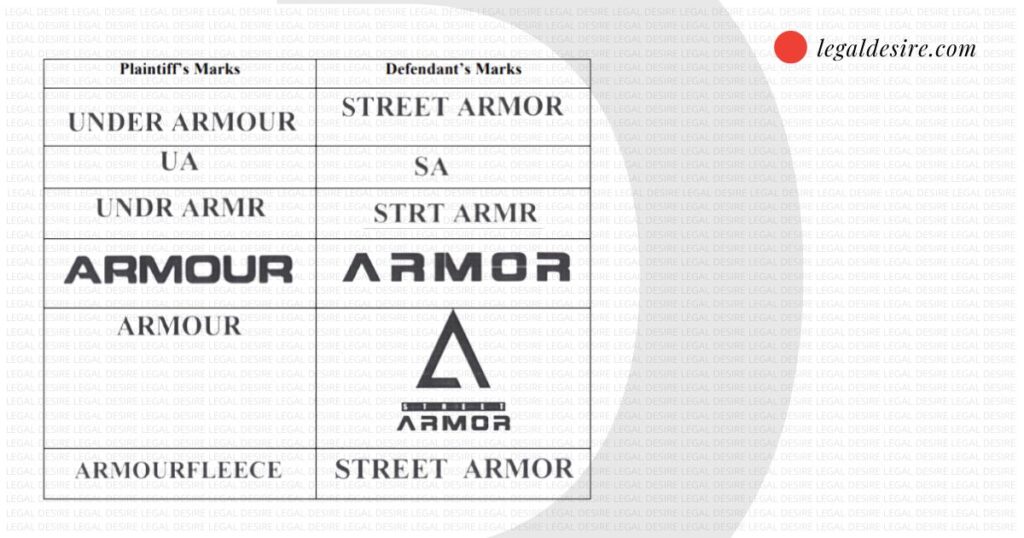Now Reading: SC: For bringing a case within the category of Section 306 IPC, there ought to be case of suicide and in the commission, the alleged person who is charged of abetment must play an active role by instigating/doing acts facilitating the commission of suicide
-
01
SC: For bringing a case within the category of Section 306 IPC, there ought to be case of suicide and in the commission, the alleged person who is charged of abetment must play an active role by instigating/doing acts facilitating the commission of suicide

SC: For bringing a case within the category of Section 306 IPC, there ought to be case of suicide and in the commission, the alleged person who is charged of abetment must play an active role by instigating/doing acts facilitating the commission of suicide
The Supreme Court of India, on 18.01.2019, in RAJESH v STATE OF HARYANA[1], had permitted the appeal filed by the Appellant that had been made against the conviction of the Appellant under Section 306 of the Indian Penal Code, 1860 along with a sentence of five years of rigorous imprisonment.The appellant’s appeal had faced a dismissal at the hands of the High Court. As a result, the aforesaid appeal had been made before the Hon’ble Supreme Court of India.
FACTS:
As per the complainant, his son after being married had committed suicide along with a suicide note being found along the bed of the deceased wherein, the deceased had alleged the appellant for the suicide because of the false allegation made against him in connection to dowry demands and other threats of implicating him in false criminal cases . Further, the deceased was slapped by the Appellant during the meetings of the Panchayat . Being not able to bear such harassment, the deceased had no alternative option left than to end his life while holding the father-in-law (Appellant) and his sister-in-law being a reason of the suicide/death.
After the investigation process was over, a charge sheet was filed against the accused under Section 306 IPC whereby the Appellant and the other accused were held guilty of the offence by the Trial Court followed by an imprisonment sentence for a term of five years with due regards being given to the threats of dowry as well as the suicide note.
Being aggrieved, an appeal was filed before the High Court which was eventually dismissed while upholding the conviction of the Appellant.
ISSUE: Whether the Appellant is to be held guilty for the commission of an offence under Section 306 of the Indian Penal Code?
DECISION HELD BY THE APEX COURT:
The Supreme Court of India, while allowing the appeal and setting aside the conviction and sentence of the Appellant expressed its disagreement with the Trial Court’s findings upon the grounds that suicide had been committed due to the threats given by the accused to the deceased, further there concluding that there was no sort provocation/ encouragement from the side of the Appellant in that context thereby holding the Appellant being guilty for the abatement of suicide.
[1] Full Judgment:
[embeddoc url=”https://www.sci.gov.in/supremecourt/2016/28803/28803_2016_Judgement_18-Jan-2019.pdf” download=”all”]








